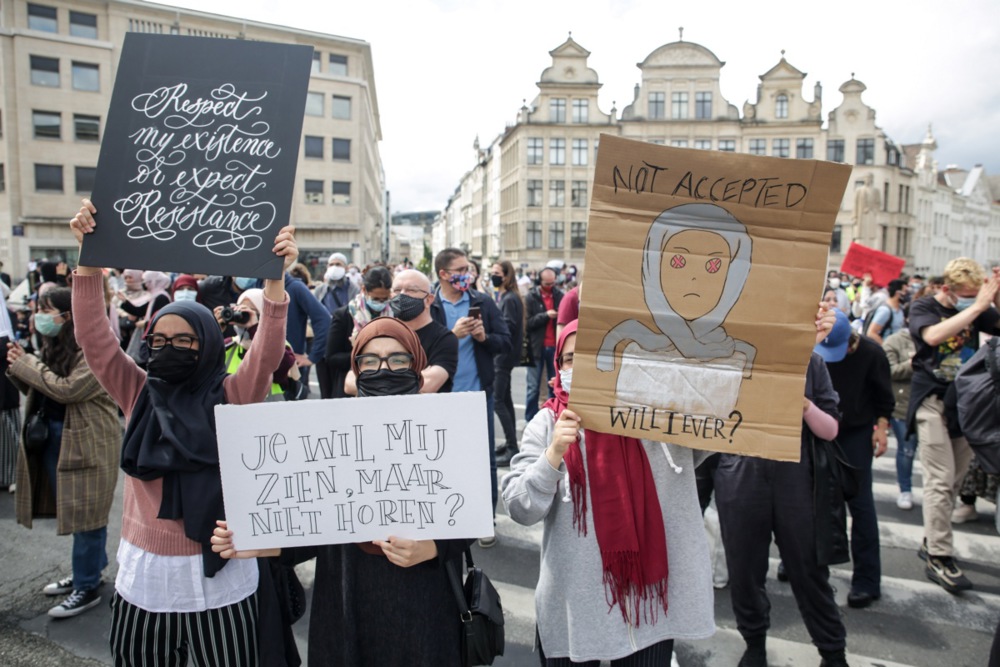Neutrality Wins: What the EU Court Said About Religious Signs in Government Offices. Today, the EU’s top court said that all EU government offices can tell their employees they can’t wear religious symbols. The goal is in part to keep things like Islamic headscarves out of the government. The court made it clear, though, that these rules had to be the same for all workers and match the laws of all member states.
EU Court Approves: Background: The Story of a Muslim Worker in Belgium

The court made its decision after hearing the case of a Muslim worker in the town of Ans in the east of Belgium. She was told that bringing a headscarf to work was against the rules. The court papers showed that she didn’t have to deal with the public very much at work. After that, the city changed the rules for hiring people so that everyone had to be neutral. The worker fought the rule, saying it was unfair and went against her right to religious freedom.
EU Court Approves: Use of Equals in Real Life
The court said that it is okay to ban clothes or signs that are religious or philosophical as long as they are the same everywhere. The most important things that it must be given to all staff members without exception and that it must only cover the bare minimum. The court decided that small signs of conviction, like Christmas parties and earrings in the shape of a cross, were fine.
EU Court Approves: Reasoning in the law and freedom of choice
The court in Luxembourg said that there could be a good reason for a policy of strict neutrality. But public authorities might also be okay with people expressing their views in a broad and random way. People’s rights and the fairness of the public service both left some freedom to national courts to figure out, with a focus on regularity and small steps.
Not being clear and worries
People worried that the decision not clear, especially when it came to how it might affect religious and free speech rights. A pan-European network call Femyso worried that laws against the headscarf unfairly target Muslim women, even though they say they are neutral. It might be okay to leave Muslim women out if this happens.
Including Everyone vs. Discriminating at Work
It might be okay to keep Muslim women out of public life, according to some, if these kinds of choices made. This would make the discrimination against Muslim women worse. Femyso call for places of work where people of all faiths can do their best work without fear of discriminate against.
Plans made in the past
The same court has said before that private companies can limit how their workers talk about their political and religious. Or philosophical views if they have a “genuine need” to appear neutral. It’s the same thing the court said in 2022. Non-constituent direct discrimination is okay as long as it’s done the same way for everyone.
Neutrality and rights still being talked about.
Many people are still talking about how to balance people’s rights with the need for a fair public service. This decision adds to that conversation. In the past, human rights groups have criticized decisions like these, stressing how important it is to know both what customers want and what employees’ rights are.
The EU court’s decision sets a standard for government offices and shows how important it is to find a balance. Between freedom of religion and fair running of the government. What these kinds of choices do goes beyond what the law says. They change the way people interact with each other and get along at work all over the European Union. –coin303
